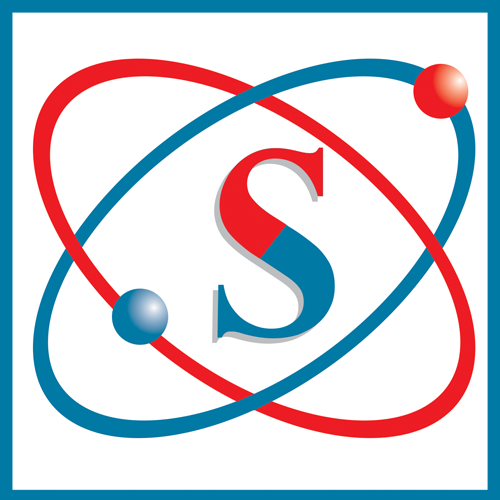Thinking about the future can make us either excited or anxious depending on how optimistic we are about its unfolding. Our economic future is often at the core of whether or not we experience stress or anticipation about what tomorrow brings. What brings stress is the fact the the jobs market changes to so much and so fast. What brings comfort is the idea that there are industries and paths that will survive in an ever-changing world. These industries are often difficult to predict, so it is useful to look at how technology currently affects the economy.
Twenty five years ago it was difficult to see how email would threaten the postal service’s bottom line, things like greeting cards or even fax machines. Therefore it would have seemed like a solid career choice to work for the post office, Hallmark or become a fax repairman. Now, those industries look shaky and our hindsight is clear with how those job sources dried up. And now, technology is moving even faster, with advanced analytics, big data, artificial intelligence and sophisticated robotics.
Knowing these things, we can make reasonable predictions as to where the future job supply will be needed. For example, working in the coal industry seems like a bad choice with the infusion of clean energy sources, like solar and wind, which increased jobs production by 24 percent last year and now employs more people nationally than the fossil fuel industry and is growing.
The concern with entering renewable energy as a career choice is that there is a sharp curve in job creation as installations provide jobs, however, once the majority of installations are completed, that will mean a reduction in future jobs. After installations saturate available areas, then maintenance and service will still be required, but that requires a much smaller labor force. The good news is that there is alway room in development, and as long as we are flexible and can adapt to industry changes, there is usually more growth.
An area that has mixed results is the medical industry. The caution comes from the fact that technology is and will continue to displace certain jobs. For example, technology has reduced the need for human transcriptionists and records keeping.
Additionally, it is speculated that developments in health technology could reduce the need for many conventional health services. Technological advancements like bioprinting and genetic advancements show promise in reducing disease. However, things like broken bones will still need to be x-rayed in order to be treated. It is projected that radiology is a growing field and it is projected to produced 84,000 new jobs from 2012 to 2022.
An important element to insulate future career prospects is to become versatile in your pursuits. Although understanding technology seems to be an obvious need as our economy becomes more and more reliant on technology, skills like writing, and networking combine well with soft skills like listening and networking in order to firm up your attractiveness and future-proof your prospects in the economy.
There is no doubt that education continues to be a key in keeping economic prospects robust and abundant. However, we have learned in recent decades that it isn’t simply important to study, but it is important to recognize what to study and what is happening in the economy and technology to guide those studies.
You Might Want To Read:
Kd Campus Indore, Himachal Pradesh Technical University Mathematics Question Paper 1 2012, Specialist Officer, Fellowship Examination Group Insurance Retirement Benefits Scheme Mock Test Paper 22, Trending, Jnu Entrance, Upsc Ies Iss General Economics Paper Ii Question Paper 2009, Eesl Deputy Manager Ae Practice Test, Gate Notes Ies Psus Civil Engineering Soil Mechanics Foundation Engineering 2015 16, Bihar Combined Entrance Competitive Examination Board Bceceb Sample Test










Like what you read? Give author a thumbs up?
Bookmark this article to read later, drop a remark in comment section and share with your friends..